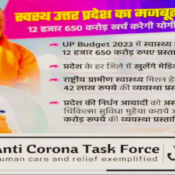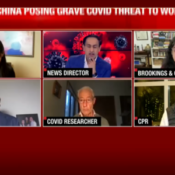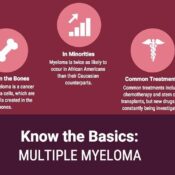
UNDERSTAND ANXIETY TO CONQUER IT
This is an unique ubiquitous human emotion impacted by diversity and demography, culture and country. It can be helpful and functional at times but maladaptive and debilitating too. One that can drive us to achieve, fight, survive and win, while also push us into an endless tunnel of restlessness, paralysing panic and defeat. An emotion that encompasses both cognition and behaviour, and is both the cause and effect of psychological, social, occupational, biological and relationship stress. The word anxiety comes from “anxietas” in Latin, which means to choke, throttle and trouble. Sounds familiar. This is because anxiety is a normal human emotion, felt by all at some point or the other. It can be adaptive when balanced, by stimulating an anticipatory response to a challenge or threat. Beyond an invisible, vague and dynamic threshold, anxiety can cause an individual much distress and dysfunctionality. Anxiety is considered pathological or a diagnosable disease when it is caused in the absence of a rational and real trigger, when it is out of proportion to the stress in duration or severity, and when it results in significant disturbance in functionality and causes impairment. Where does this come from and implant itself inside of us? The usual guess is that anxiety gets triggered by threatening or difficult life events or challenges. Let’s try this. Take a deep breath and fully exhale. Spare a moment to turn inwards, quieten down and listen. Do you hear your mind talking to you? A voice that’s is saying “hurry up with this, you are going to be late for your meeting”, or “this coffee is cold already” or “I did not sleep well at all last night”, while you also read and assimilate this article. Register this voice that incessantly talks to us about related or unrelated situations at any given moment. It is this voice or self-talk as cognitive psychologists call it, that is the cause of our stress, anxiety or any other emotion we feel. While external events, others’ ill-treatment of us, and a pandemic are genuine triggers, it is time and truly imperative that we recognise and establish that what makes us anxious is our inner voice, whether on our way to a party, a meeting or surviving a pandemic, our thoughts can influence our emotional and behavioural consequences, making us active participants in taking care of our mental health. Our mental dialogue and/or our mental pictures in the form of schemas, models or fantasies in the face of triggers, putting meaning to it, perceiving it with irrationalities, rigidities and baggage, elicits difficult emotions, contributes to our stress, elevating cortisol and adrenaline and results in physical and/or mental illness. Anxiety is an emotion that derives from thoughts about the future. The inner dialogue usually starts with “what if”. We know we need help when: • It interferes with functionality- sleep, appetite, working, intimacy, cooking, parenting etc • We perceive danger when actually we are presently safe. The fundamental irrational thoughts that lead to anxiety are that of control/perfection and of demanding certainty or guarantee in future. We want the above, regarding various aspects in life such as health, body image, our relationships, careers, finance, success, destiny, environment, climate or all of the above! You see, neither can we control the future nor others. This is where we get “sick” attempting and scrambling to control, seeking reassurances and eventually depleting our energy and sanity over that which was never in our hands. Anxiety is an emotion we cannot do without. Self-work, mindfulness, conscious cognition and neuro-plasticity are important and empowering healing tools for us to work with to manage anxiety.
All Categories
Recent Posts
UP Budjet 2023
Chances of the new variant causing severe illness
ALL YOU NEED TO KNOW ABOUT MULTIPLE MYELOMA, TYPE OF BLOOD CANCER
Quick support proccess
8766384299




